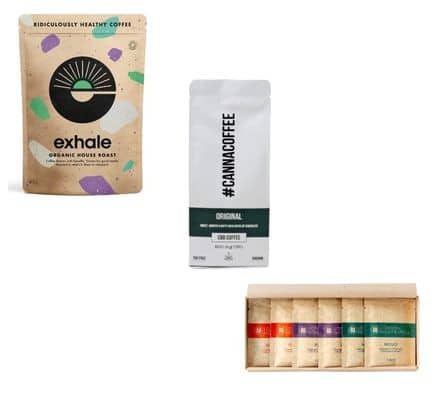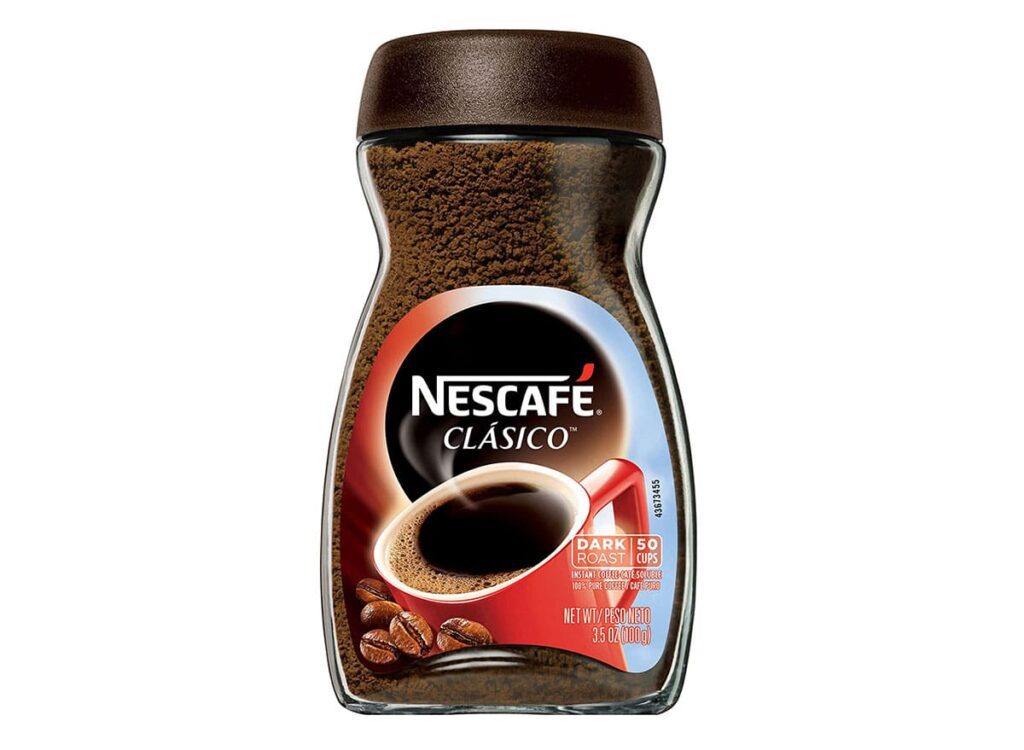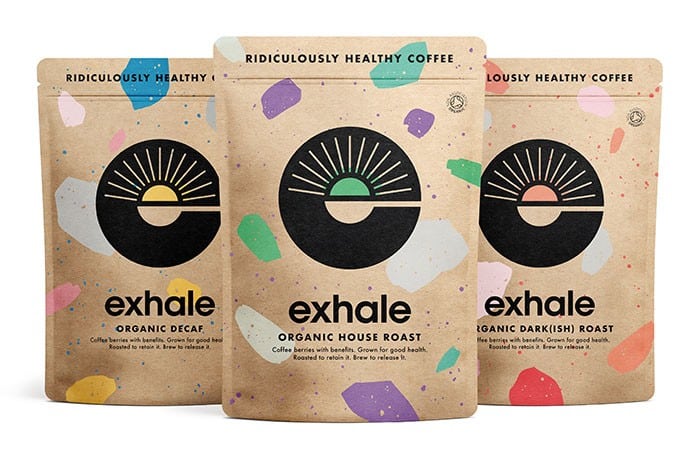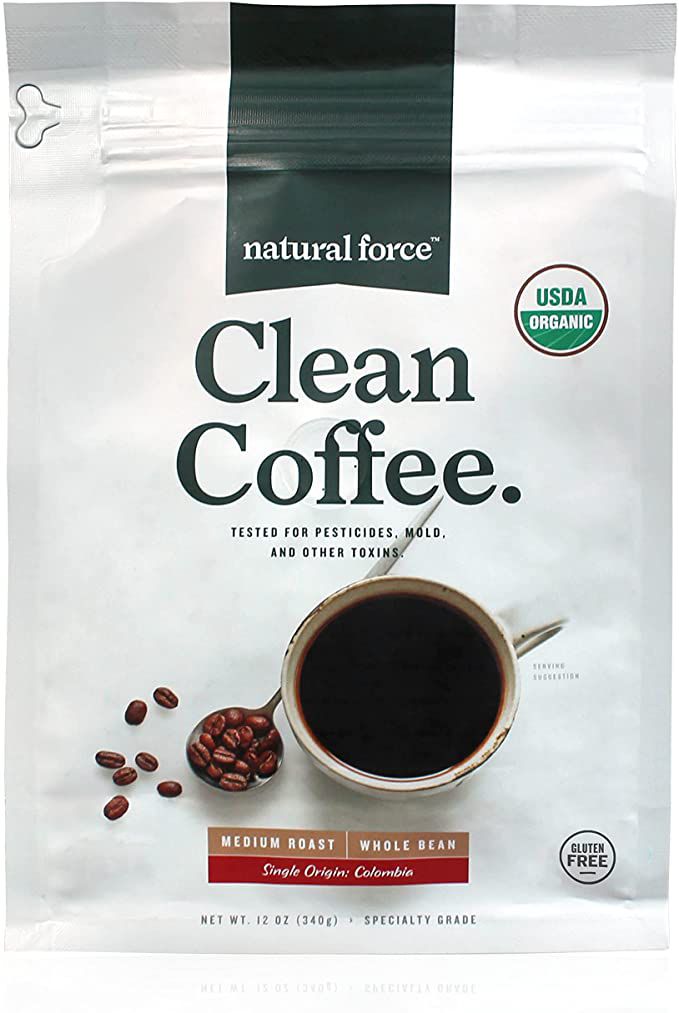Coffee lovers often ponder which brand of Coffee is the best for their health.
With so many options in the market, making the right choice can be overwhelming.
From the rich aroma to the refreshing taste, Coffee provides a much-needed energy boost and offers various potential health benefits.
In this article, we will explore the different factors to consider when selecting a coffee brand that prioritizes your well-being.
So grab a cup of your favorite brew and discover the perfect blend that fuels your health journey.
Health Benefits of Coffee
Improves cognitive function
Coffee has been long hailed for its ability to boost cognitive function. The caffeine in Coffee stimulates the central nervous system, helping you feel more alert and focused.
It enhances memory, reaction time, and attention span, making it a popular choice for students and professionals. So, if you need a brain boost, a cup of Coffee can be just what you need.
Boosts metabolism
If you’re looking to give your metabolism a kickstart, Coffee can help. The caffeine in Coffee increases thermogenesis, which is the body’s heat production process.
This can lead to an increase in metabolic rate, helping you burn more calories throughout the day. Additionally, Coffee can suppress appetite, making it easier to stick to a healthy eating plan and maintain a healthy weight.
Protects against liver diseases
Your liver is crucial in detoxifying your body, and Coffee can help support its function. Studies have shown that regular coffee consumption can lower the risk of developing liver diseases, such as liver cancer, cirrhosis, and fatty liver disease.
The antioxidants and other beneficial compounds in Coffee are thought to have a protective effect on the liver, helping to reduce inflammation and damage.
Reduces the risk of certain cancers
Coffee has also been linked to a reduced risk of certain types of cancers. Studies have shown that coffee consumption is associated with a lower risk of liver cancer, colorectal cancer, and endometrial cancer.
This may be due to the antioxidant and anti-inflammatory properties of Coffee, which can help prevent the development and progression of cancer cells.
Enhances physical performance
If you’re an athlete or enjoy regular exercise, Coffee can give you that extra edge. The caffeine in Coffee has been shown to improve physical performance by increasing adrenaline levels and mobilizing fatty acids from fat tissues. This can help improve endurance, reduce fatigue, and enhance overall athletic performance.
Factors to Consider for Healthier Coffee
Organic Coffee
Choosing organic Coffee can ensure that you’re consuming Coffee that has been grown without the use of synthetic pesticides or fertilizers. Organic Coffee is also often shade-grown, which means it is grown under a canopy of trees, providing a more natural habitat for birds and other wildlife.
Fairtrade coffee
Opting for fair trade coffee means that the Coffee has been produced by farmers who are paid fair wages and work under safe conditions. Fairtrade practices promote sustainability and social justice in the coffee industry, ensuring that farmers are treated fairly and have access to resources and opportunities.
Single-origin Coffee
Single-origin Coffee refers to Coffee that is sourced from a specific region or farm. This allows for greater transparency and traceability in the coffee supply chain. Single-origin Coffee often has distinct flavors and characteristics, giving you a unique and authentic coffee experience.
Shade-grown Coffee
Shade-grown Coffee is cultivated under a canopy of trees, mimicking the natural environment in which coffee plants thrive. This cultivation method promotes biodiversity and helps protect the habitat of many bird species. Shade-grown Coffee tends to have a richer flavor and is often considered more sustainable.
Low-acid Coffee
If you’re someone who experiences digestive issues or acid reflux, opting for low-acid Coffee may be a better choice for you.
Low-acid Coffee is made from beans that have been carefully roasted to reduce their acidity levels, making it easier on the stomach without compromising on flavor.
Types of Coffee Processing Methods
Washed process
The washed process, also known as the wet process, involves removing the coffee cherries’ skin and pulp before drying the beans. This method produces a clean and bright cup of Coffee with pronounced acidity and floral notes.
Natural process
In the natural process, the coffee cherries are dried with their skin intact, allowing the sugars to ferment and impart fruity and wine-like flavors to the beans. Natural-processed Coffee tends to have a heavier body and a sweeter taste.
Honey process
The honey process is a hybrid method that combines elements of both the washed and natural processes. The coffee cherries’ skin is removed, but some sticky fruit mucilage is left to dry on the beans. This creates a unique flavor profile that can vary from mildly sweet to intensely fruity.
Semi-washed process
The semi-washed process, also known as pulped natural or semi-dry process, involves removing the outer skin of the coffee cherries but leaving some of the pulp to ferment with the beans during drying. This method results in a balanced cup with the characteristics of both washed and natural coffees.
Health Impact of Coffee Roasting Levels
Light roast vs. dark roast
The level of roasting can significantly influence the flavors and health benefits of Coffee. Light roast coffee is roasted shorter, producing a bright and acidic cup.
It retains more of the Coffee’s natural flavors and antioxidant properties, making it a healthier choice. Dark roast coffee, on the other hand, is roasted for a longer duration, resulting in a more prosperous and bolder flavor. However, the higher temperatures involved in dark roasting can lead to a loss of some antioxidants.
Medium roast
Medium roast coffee balances the flavors of light and dark roast. It has a slightly sweeter taste and a medium acidity level. This roasting level retains some of the Coffee’s natural flavors while developing richer notes.
Medium-dark roast
Medium-dark roast coffee has a deeper and more pronounced flavor than medium roast. It retains some of the natural acidity while developing chocolatey and caramelized notes. This roasting level is popular for those who enjoy a robust and well-rounded cup of Coffee.
The Influence of Brewing Methods
Drip brewing
Drip brewing is one of the most common and widely used brewing methods. It involves pouring hot water over ground coffee placed in a filter. This method produces a clean and clear cup of Coffee with a medium body. Drip brewing allows for more control over the strength and flavor of the Coffee.
French press
The French press, also known as a press pot or plunger pot, is a method that involves steeping coarse ground coffee in hot water and then pressing the plunger down to separate the liquid from the grounds. The French press produces a full-bodied and robust cup of Coffee with a rich flavor and more oils present.
Espresso
Espresso is a concentrated and highly flavorful form of Coffee. It is made by forcing hot water through finely-ground coffee under high pressure. This method extracts the Coffee’s oils and flavors more efficiently, producing a solid and intense cup. Espresso is the base for many popular coffee beverages, such as cappuccinos and lattes.
Cold brew
Cold brew coffee is made by steeping coffee grounds in cold water for an extended period, typically 12-24 hours. This method produces a less acidic and smoother cup of Coffee. Cold brew is often enjoyed over ice or mixed with milk and sweeteners for a refreshing summer drink.
Choosing Healthier Coffee Additives
Choosing natural sweeteners
If you prefer a sweeter cup of Coffee, choosing natural sweeteners is healthier. Stevia, a natural sweetener derived from the stevia plant, is a popular option for those watching their sugar intake. Honey and maple syrup are also natural sweeteners that can add a touch of sweetness without artificial additives.
Opting for plant-based milk alternatives
If you enjoy milk in your Coffee but are looking for healthier options, several plant-based milk alternatives are available.
Almond, oat, and coconut milk are popular choices that provide a creamy texture and a subtle flavor to Coffee. These alternatives are often lower in calories and saturated fats than traditional dairy milk.
Avoiding artificial flavors and additives
Some coffee additives, such as flavored syrups and powdered creamers, contain artificial flavors, sweeteners, and additives that may not be the healthiest choice.
Opting for natural flavors or avoiding additives can ensure a cleaner and healthier cup of Coffee.
Potential Risks and Side Effects
Impact of Excessive Caffeine Consumption
While Coffee offers many health benefits, consuming it in moderation is essential. Excessive caffeine consumption can lead to various side effects, including increased heart rate, anxiety, irritability, and difficulty sleeping. Limiting caffeine intake to 400 milligrams per day, roughly equivalent to four cups of Coffee is recommended.
Effects on sleep quality
The stimulating effects of caffeine can interfere with sleep quality, especially if consumed close to bedtime. It’s best to avoid consuming Coffee or any caffeinated beverages several hours before sleep to ensure a restful night’s sleep.
Gastrointestinal issues
Coffee contains compounds that can stimulate the production of stomach acid and may cause digestive issues in some individuals. If you experience symptoms such as heartburn, acid reflux, or stomach discomfort after consuming Coffee, you may consider reducing your intake or opting for low-acid Coffee.
Comparing Popular Coffee Brands
Starbucks
Starbucks is one of the most well-known and popular coffee brands worldwide. They offer various coffee options, including flavored lattes, cold brews, and single-origin coffees. While Starbucks may not always prioritize organic or fair trade sourcing, they have tried to improve sustainability and ethical practices in recent years.
Dunkin’ Donuts
Dunkin’ Donuts is another widely recognized coffee brand known for its donuts and beverages. They offer a range of flavored coffees, iced drinks, and espresso-based beverages. Dunkin’ Donuts has also made commitments towards sustainable sourcing and environmental stewardship.
Peet’s Coffee
Peet’s Coffee is a specialty coffee roaster and retailer focusing on sourcing high-quality Arabica beans. They offer a range of single-origin coffees, blends, and handcrafted beverages. Peet’s Coffee is also known for its commitment to ethical sourcing and supporting coffee farming communities.
McCafé
McCafé is a McDonald’s coffee brand offering various coffee beverages, from espresso-based drinks to brewed Coffee. While their Coffee may not always meet the specialty coffee standards, they strive to provide consistent quality and affordability.
Lavazza
Lavazza is an Italian coffee brand that has been in operation for over 120 years. They offer a wide range of coffees, including blends, single-origin, and premium selections. Lavazza is known for its commitment to sustainability and has implemented various initiatives to reduce its environmental impact.
Certifications and Labeling for Healthier Coffee
Organic certification
Coffee with organic certification has been produced following strict standards without synthetic pesticides, herbicides, or fertilizers. Organic Coffee is free from genetically modified organisms (GMOs) and is often produced using sustainable farming practices.
Rainforest Alliance certification
The Rainforest Alliance certification ensures that Coffee has been produced following strict environmental, social, and economic standards. It promotes the conservation of biodiversity, workers’ rights, and the well-being of coffee farming communities. Coffee with this certification is often sourced from farms with sustainable farming practices.
Fair Trade certification
Fair Trade certification guarantees that Coffee has been produced following fair trade principles.
This means that farmers receive fair prices for their Coffee, work in safe conditions, and have access to resources and opportunities. Fair Trade certification aims to empower small-scale farmers and promote sustainability in the coffee industry.
Conclusion
When it comes to finding the best Coffee for your health, several factors must be considered. From the health benefits of Coffee itself to the sourcing and processing methods and even the additives you choose, each decision can impact your overall well-being.
By opting for healthier coffee options such as organic, fair trade, and low-acid varieties and paying attention to the roasting levels, brewing methods, and certifications, you can enjoy your cup of Coffee while prioritizing your health.
Remember to consume Coffee in moderation and be mindful of potential risks or side effects. So, please grab a cup of your favorite Coffee and savor its unique flavors and health benefits.










































